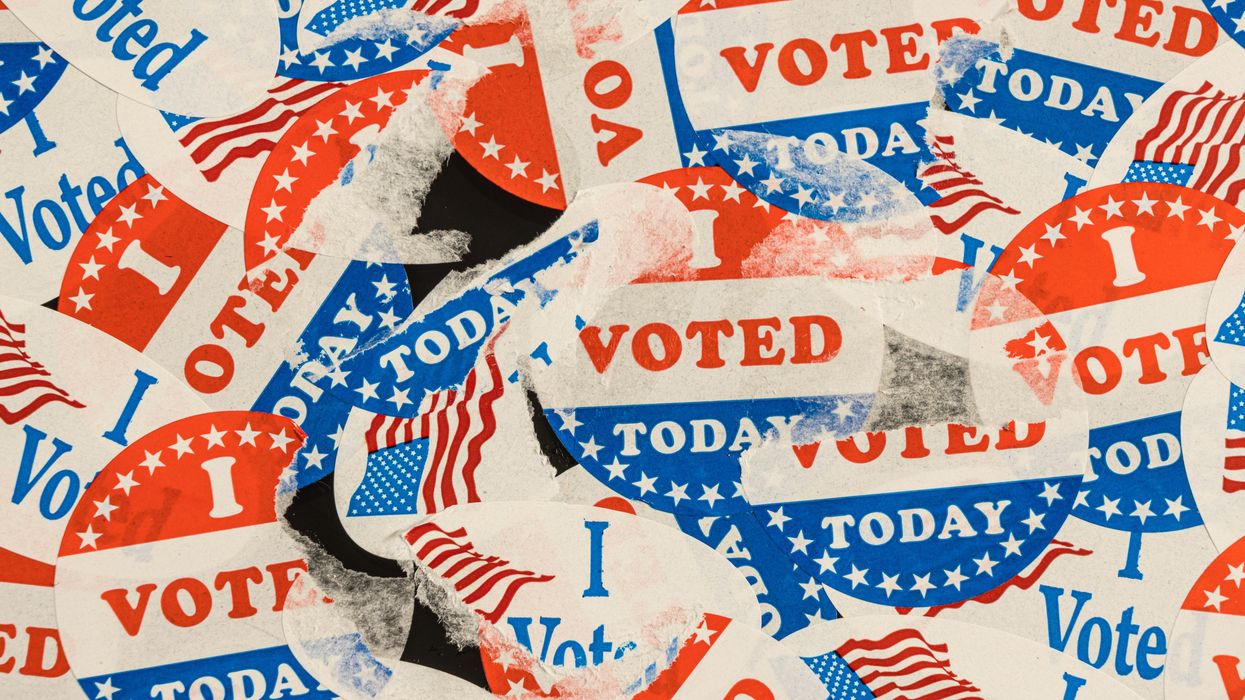Blades is co-founder of LivingRoomConversations.org, MomsRising.org and MoveOn.org.
A successful democratic republic must have trustworthy elections. Voting should be accessible to all eligible citizens, with votes counted accurately and reported honestly. No human system is perfect but elections can be very, very good.
Trust in elections is a related but distinct, additional requirement. Citizens must trust that elections are fair and free from partisan interference.
Since 2020 it has been evident that trust in U.S. elections has been dangerously undermined. The attack at the Capitol on Jan. 6, 2021, was in large part the outcome of some media and leaders claiming the 2020 election was stolen. A significant portion of the citizenry continues to believe those false claims even though charges of election irregularities were dismissed in over 60 lawsuits filed.
The 2024 election is less than a year away. Now is the time when we can and must do everything in our power to ensure that the upcoming election is both trustworthy and trusted. This is our responsibility. How might we do this?
We need to commit to focusing on shared values; fairness; love of family, community and country; and respect for the dignity of all our neighbors. Then we need to be curious, learn about our local election practices and listen to each other to better understand any concerns. We need to work together to be able to assure ourselves and then others that our local electoral practices are trustworthy and run in a way that is free and fair. Relitigating past elections and other differences will not help us achieve this goal. This is a targeted, future-focused effort.
Let’s be clear: We can see this problem coming. We have almost a year to build confidence in our next election. We can do this, and we must. Escalating political violence is not the future we want to choose.
There are thousands of organizations working towards a better future in communities and organizations around the world. In the corner of the world reached by The Fulcrum, readers find coverage of election reforms and bridging work daily. What is missing are millions of Americans who take action in good faith, willing to set aside differences for a brighter future.
So today, join hundreds of thousands of Americans taking the Pledge for Democracy.




















Marco Rubio is the only adult left in the room